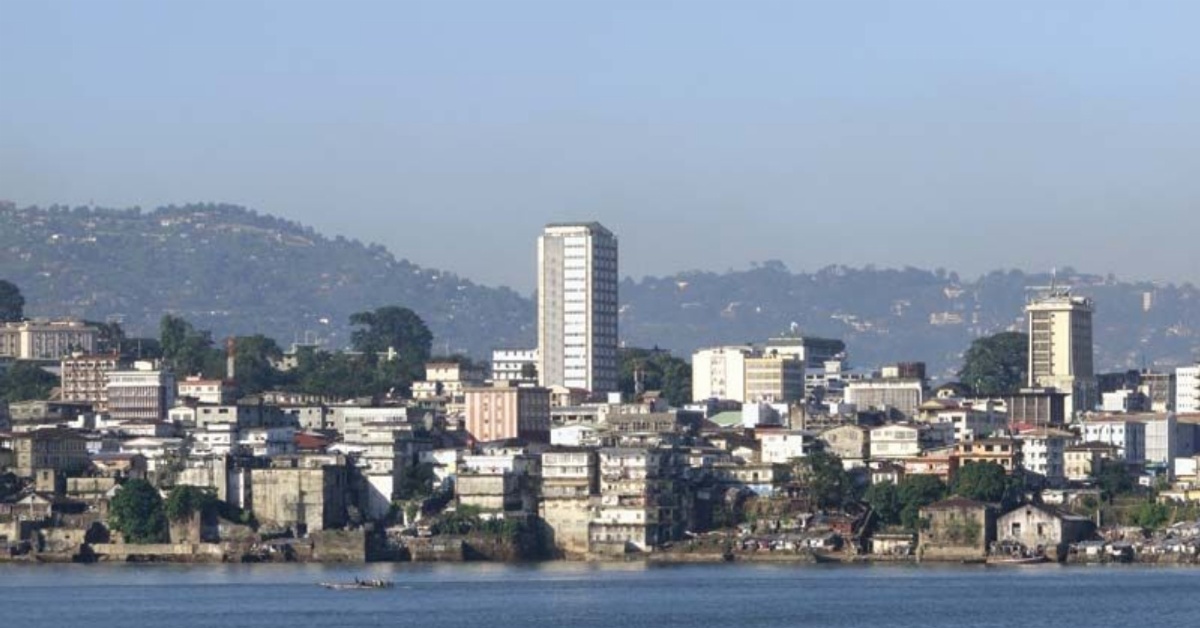The government of Sierra Leone is reportedly preparing to divide the city of Freetown into two separate cities and from all indications, they are only waiting on the President’s signature to make it official.
While some see this as a step toward administrative efficiency, others believe it’s a politically driven decision that could create more problems than it solves.
This announcement has not gone unnoticed.
From legal experts to local leaders and civil society groups, the response has been loud and clear: not so fast.
The Lawyers’ Society has raised serious concerns in a press statement, pointing out that the timing of this move coming before the 2026 national census is suspicious.
According to them, such a major decision should be based on up-to-date data, not political calculations.
The Mayor of Freetown, Yvonne Aki-Sawyerr, has also stepped forward with an open letter that paints a clearer picture of what this could mean for ordinary people.
She warns that dividing the city will only add confusion to an already difficult situation. Freetown, she explains, already suffers from overlapping responsibilities between ministries and the City Council. For example, the Ministry of Lands handles land use, the Guma Valley Water Company handles water and the Roads Authority manages roads leaving the local council with limited control over what happens in the city it’s meant to serve.
Splitting Freetown into two councils, she argues, won’t fix these problems.
Instead, it might double the confusion, disrupt projects already in progress and make it harder for poorer areas especially in the east of the city to get fair services.
Her letter points out that most of the city’s revenue currently comes from the western parts, which means the eastern side could be left behind if separated.
Even more concerning is the silence from the Ministry of Local Government after the Mayor’s letter.
No response. No consultation with residents.
No clear explanation of how this change will actually help the people of Freetown.
Many are now questioning why such a big decision is being rushed, especially at a time when the country is facing serious economic challenges and local councils are already struggling to get funding from the central government.
If the government hasn’t even paid the City Council its 2025 grants, how will it afford to fund two separate city administrations?
The division of Freetown is not just about boundaries it’s about identity, governance and the everyday lives of people who rely on local services.
Freetown has a rich history.
It’s the capital, the economic heartbeat of Sierra Leone and home to over 15% of the country’s population.
Breaking it apart without a solid, well-explained plan risks weakening the very systems that keep it going.
The question many are asking now is simple: Is this move really about better service delivery or just better political positioning?
With so much at stake, one thing is clear decisions about Freetown should not be made behind closed doors.
The people deserve a voice in what happens to their city.












If l comment Sierra loaded will not let it reflect
I am not a politician but those who took such decision are from amongst the representatives in these areas, who should be blame if the worse happens as a result of this legislative actions?
I don’t understand what type of leadership we have instead of them to plan how to drive away malnutrition and hardship to the nation the bring this all this shit to this country the this bastard are planning to separate the little city that we have which we don’t have sustainable agriculture sustainable development sustainable energy lack of electricity in the country people are dying out of hunger why this goats can think at lest we put there to serve us to do better things we expect to do but u fail us since 2018 to now 2025 every day people are suffering why can’t you do something at least
Aki “blood vampire ” Sawyer is the worst mayor ever in Freetown history. She is bent on sabotaging the central government. Aki have you forgotten about your manifesto to we the freetonians? Providing proper sanitation, market spaces for traders, day care for lactating moms, public toilets facilities, cable cars, pipe borne water supply, transforming Freetown etc but yet still our city is the filthiest in entire country. Traders are installing boots in every available space in the city. Tell me Aki “red lipstick” Sawyer when last have you been to Allen Town? You care less about the deprived communities in the eastern part of the Municipality. The government has every justifiable reason to split the capital because of your negligence. Shame on you Aki redlip and posterity will judge. The verdict will be out soon, when you vacate office.
To divide free town into two parts is a good one because by so doing we are going to have two mayor and that will bring a competition between two of them
Aki nothing you have done leave the government to do what they want